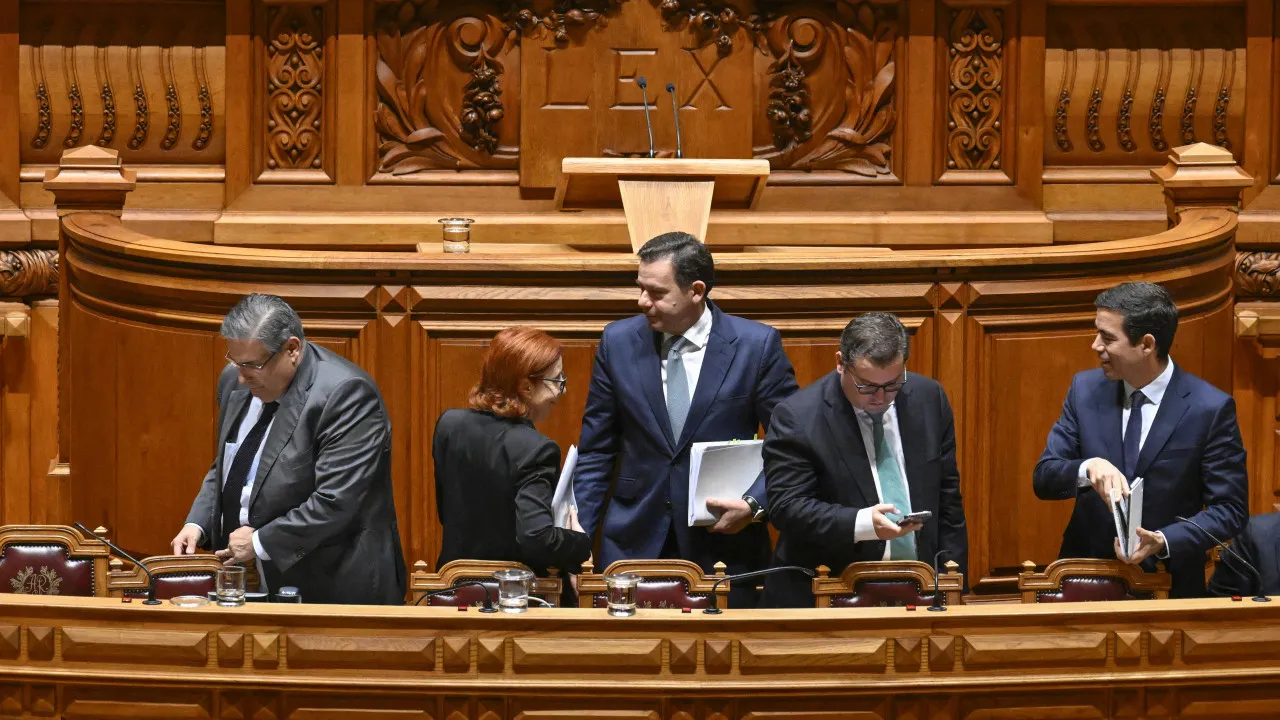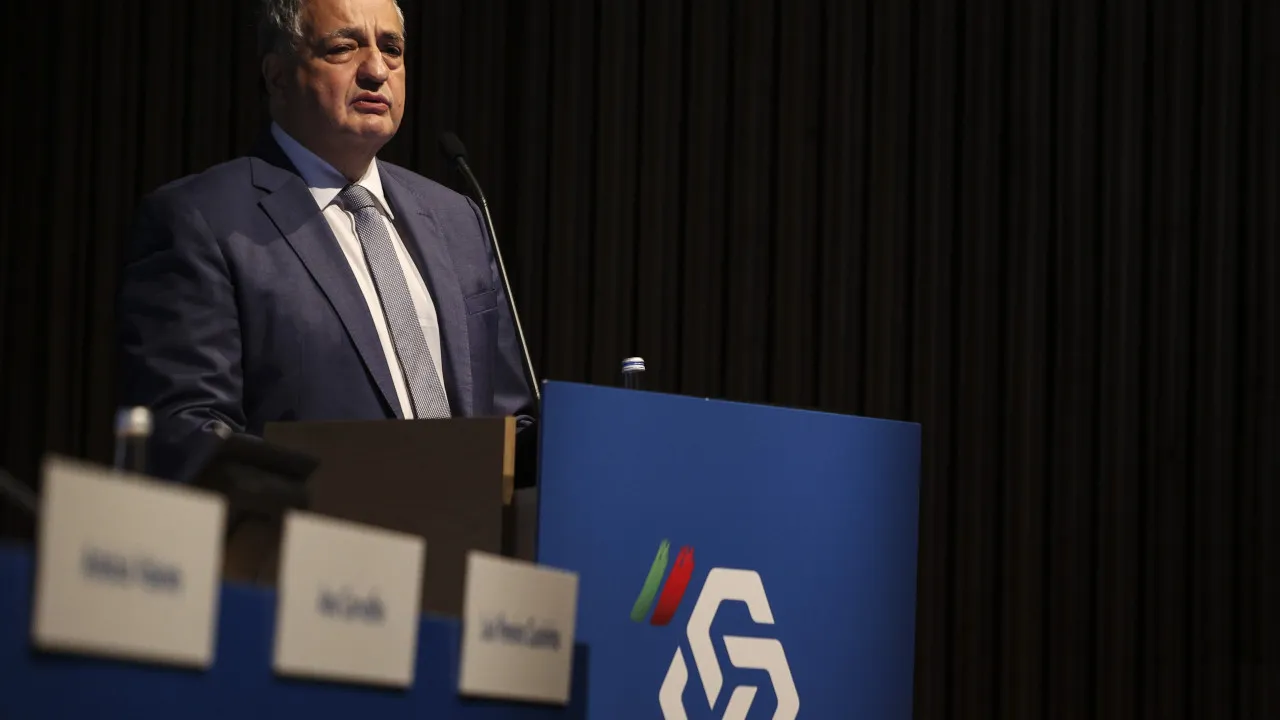
The government has outlined its plan to reform the core structure of state administration by eliminating sector-specific secretariats and enhancing specialization in legal, planning, and public policy evaluation functions, as detailed in the State Reform chapter of the Government Program submitted today to the National Assembly.
Aiming to develop shared services within the central administration, the plan intends to capitalize on the synergetic potential of the Campus XXI concept.
Efforts will also focus on reorganizing functions and eliminating duplicate structures, observatories, and redundant work groups, with a corresponding review of associated expenses to assess organizational efficiency throughout the public administration.
The objective is to achieve a net reduction in entities within the direct state administration.
The Government Program includes the introduction of a Chief Information Officer (CIO) for public administration to lead a unified digital strategy across public administration sectors, aiming to overcome current fragmentation and optimize dispersed resources for financial and efficiency gains.
The governance regime of state-owned enterprises will be reviewed to enhance transparency and quality, while divesting from non-strategic holdings.
The program also plans to deepen the process of transferring competencies, ensuring the provision of adequate financial means, incentives, quality, territorial cohesion, and equal opportunities. Local councils, inter-municipal communities, and metropolitan areas will be entrusted with the effective management of public services to make them more efficient and citizen-oriented.
A phased relocation process of various central administration services to other national regions outside the capital is anticipated, prioritizing those with ties to the respective regions.
A single entity will be created through the merger of the Directorate-General for Public Administration and Employment (DGAEP), National Institute of Administration (INA), Public Administration Social Services (SSAP), with a functional link to the Recruitment and Selection Commission for Public Administration (CRESAP), which will maintain decision-making autonomy.
This entity will integrate multiple functions and stages in the human resource policy cycle for public administration, encompassing human resources policies, career management, compensation and benefits, recruitment and selection of managers and workers, evaluation, and training, development, and knowledge of state employees and collaborators.
The state reform measures include a comprehensive review of public expenditure within key ministries, promoting the sharing of generated savings with entities, services, and workers.
The government aims to reform the budgetary process for greater transparency and introduce a monitoring system for state resources, with budget flexibility and accountability at ministry, control entity, and operational structure levels.
A program-based budgeting system will be implemented, setting objectives, indicators, and targets for each ministry.
The XXV Constitutional Government Program, resulting from the May 18 legislative elections won by the AD (PSD/CDS) coalition, was delivered today to the National Assembly by the Minister of Parliamentary Affairs, Carlos Abreu Amorim. The government program was approved in the Council of Ministers on Thursday and will be debated in the National Assembly on Tuesday and Wednesday.




